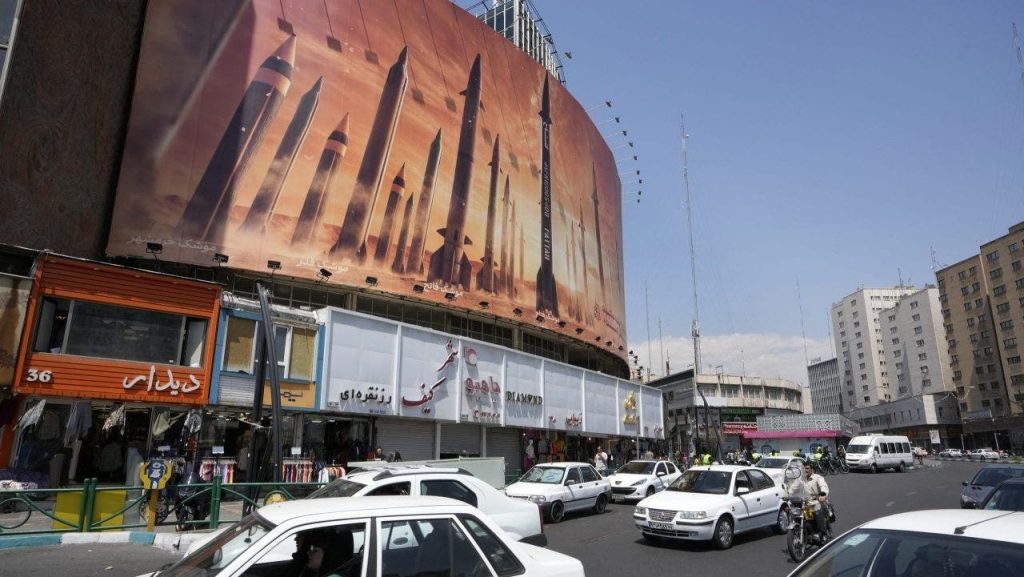Last week, residents of Iran’s central province of Isfahan cheered as Iranian rockets were fired into Israel. However, just days later, Israel launched strikes that triggered air defense systems in Isfahan and Tabriz after three explosions near an important military airbase. While the extent of damage is unclear, Iran reported no casualties. Potkin Azarmehr, a British-Iranian expert on Iran, noted that Israel was able to bypass Iran’s air defense, raising questions about its reliability. Isfahan is a key area in Iran’s atomic weapons program, producing Shahab medium-range missiles, and serving as a testing ground for missile systems capable of reaching Israel.
Israeli strikes against Iran are typically ambiguous to avoid leaving fingerprints and to keep Tehran guessing. In January 2023, drone strikes reportedly hit a weapons factory in Isfahan, and last year’s attack was attributed to Mossad. The recent strikes were seen as retaliation for attacks against Israel, in line with the principle of “an eye for an eye, a tooth for a tooth.” Isfahan is also known for its antisemitism and Holocaust denial, with calls for the destruction of Israel at public events. The city has military and nuclear bases, making it strategically important for the regime.
Isfahan’s significance in Iran’s nuclear activities is highlighted by the presence of military and nuclear bases, as well as increased cancer rates due to the regime’s activities. Sheina Vojoudi, an Iranian dissident, emphasized the threat posed by the Islamic Revolutionary Guard Corps in Isfahan and its capability to target both Israel and the Iranian people. While the U.S. and allies have supported Israel’s actions, some experts believe that a missed opportunity occurred in imposing a serious cost on Iran to restore deterrence. This limited strike may signal to Iran that it can conduct larger attacks on U.S. partners with impunity.
The recent events in Isfahan underscore the ongoing tensions between Iran and Israel, with strategic military and nuclear activities in the region. Israel’s ability to bypass Iran’s air defenses and conduct strikes in key locations reveals the complexities of the conflict. The ambiguous nature of Israeli strikes aims to keep Tehran off balance and prevent escalation, while also sending a message of deterrence. Amidst international support for Israel’s actions, concerns remain about the broader implications of limited retaliation and the potential for future conflicts. The dynamics of the Iran-Israel rivalry continue to shape regional security and stability, with Isfahan serving as a focal point for these developments.


